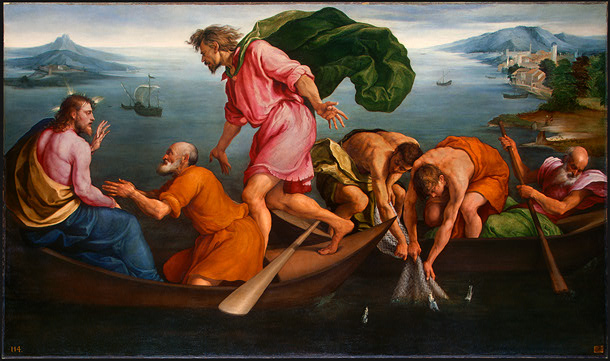by Matthew Raley With election day less than a week hence, I confess that I think the campaign is a crashing bore.
If there were a prospect that the nation's course might change, I suppose the elections might be interesting. But I am struck by the continuity of federal policy over the last three decades. It's incoherent but stable: Low taxes (compared with 1933-1980), deficits, free trade, low interest rates, growing government, and willful blindness to the coming bankruptcy of entitlements have been hallmarks of the period since the last significant political U-turn, Ronald Reagan's signature on Kemp-Roth in 1981.
President Obama, the biggest potential change agent since Reagan, has followed most of the policies of his predecessor -- the standout exceptions being health care and Supreme Court appointees. His stimulus measures have been magnitudes larger than George W. Bush's, but not different in principle.
A Republican Congress will not do anything beyond limiting President Obama's options. It might pass Paul Ryan's budgets as written, and they still won't become law. No one is projecting veto-proof Republican majorities.
So voter fury in this campaign feels like the protests of impotence. Populist exploitation of their fury is straight out of old playbooks. Boring.
Only one thing interests me now: will American evangelicals take a long look at themselves and recover the Gospel?
Americans are deep in the cluelessness of hypocrisy. We can rage against Washington all we want. But there's no federal law mandating that household debt should reach 129% of household income, as it did in 2007. The average guy raised his debt burden statistically higher than Greece's all by himself, with money and assets over which he was entirely sovereign. Power to the people, anyone?
We can rage against Wall Street's greed and dishonesty. But the ethics that allowed people to sign for adjustable rate mortgages and balloon payments, and that fudged the details of their credit-worthiness were Main Street ethics that took advantage of the distance of corporate banks from decision-making to fund larger and larger house purchases. Well before the peak of the real estate frenzy, I withdrew a mortgage application after discovering that my broker had lied point-blank to secure approval. Wall Street greed? Get real.
Evangelicals are ranting that if power were returned to the average guy his sterling character would renew the nation. It's time to dig up the planted axiom.
None of this excuses Washington for its various lunacies. But it does raise the question of whether our nation is still great -- great in the sense that its citizenry still has the moral strength to govern itself.
If, as I suspect, it does not have that strength, then national renewal would look something like this:
Americans who claim to believe the Bible would study the book of Proverbs, especially noting the principle that the fear of the Lord is the beginning of knowledge (1.7). They would note in detail and without excuses their own folly, and accept the rebukes of wisdom. Then they would grieve how deeply they have offended God, not having cultivated the fear of him they owe. In the midst of this grief, they would recall that God forgives, and that his Son Jesus Christ has paid for their offenses.
And, ceasing their proud striving with others, they would seek reconciliation with God on that basis. Martin Lloyd-Jones put it this way in 1959: "You must realise that you are confronted by something that is too deep for your methods to get rid of . . . , and you need something that can go down beneath that evil power, and shatter it, and there is only one thing that can do that, and that is the power of God." (Revival, Crossway Books, 1987, p 19)
If evangelicals led the nation from a Gospel-driven humility, a dependency on Christ's grace and power, something would indeed change. Evangelicals would change. And that would be fascinating.




